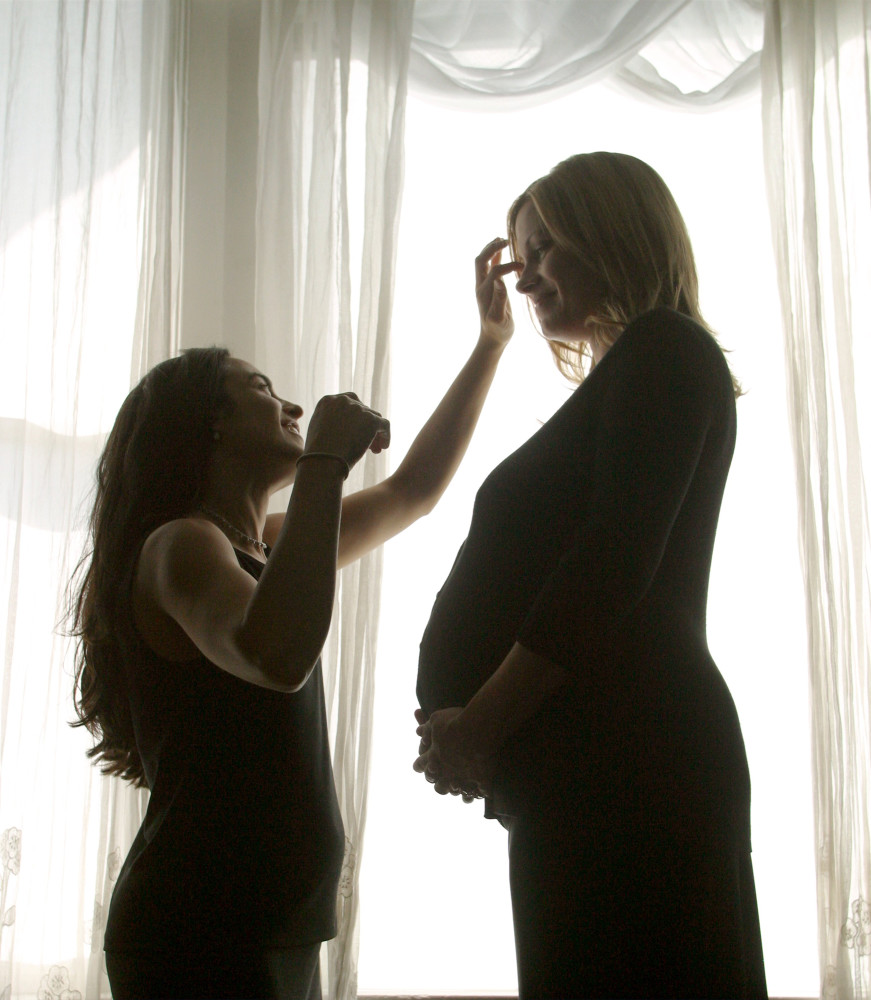By Anne Michaud
Newsday.
Some pregnant women and new mothers find that today’s workplaces have become more understanding environments.
Still, others are being pushed out of jobs just when their new or growing families need their paychecks most. And, as far as the courts are concerned, it’s all perfectly legal.
Just ask Peggy Young, who had been driving for the United Parcel Service in suburban Maryland for about a decade when she got pregnant. Her manager asked for a doctor’s note about physical limitations and received the usual advice that Young shouldn’t lift more than 20 pounds. Young thought she could work around it — she rarely handled packages that heavy, and she figured she could turn to co-workers when needed.
But a senior UPS manager thought differently, Young claims in a discrimination complaint. He told her she was a liability and should leave the building, not returning until she was no longer pregnant. Just 12 weeks along, Young and her family were left without her paycheck and with inadequate health insurance.
That might sound like a clear-cut case of discrimination, but shockingly, courts across the country have ruled against women like Young who have sued based on federal pregnancy discrimination and disability laws. Young has lost in court twice. Her lawyer, Samuel Bagenstos, says he is optimistic that the U.S. Supreme Court will take her case in its next cycle.
If the court were to rule on Young vs. UPS, it would eliminate confusion about federal protections. “Federal law is unclear,” said Joanna Diamond of the ACLU of Maryland to the Baltimore Sun. “Right now, pregnant workers can be treated worse than other employees.”
That sends the wrong message to many employers, said Emily Martin, vice president and general counsel of the National Women’s Law Center. “Unfortunately, a lot of employers don’t seem to have gotten the message that there are legal protections for women in this situation,” she said. “Some workplaces seem to have a culture of no, and you can leave if you don’t like it.”
The Equal Employment Opportunity Commission logged 5,797 pregnancy discrimination claims nationwide in 2011, and that’s probably a low number. For every woman with the know-how, time and resources to file with the EEOC, imagine how many more are too intimidated by employers or the government.
These multiple burdens are intolerable: Women not only bear the children, but must police their legal rights while being denied temporary leniency on the job. Martin’s organization interviewed a restaurant worker who says she was required to ask permission to use the bathroom, drink water or have a snack, and denied early leave for a doctor’s appointment — all of which were allegedly accommodated before she became pregnant.
Two groups are at higher risk for pregnancy discrimination, says The National Women’s Law Center: The first is low-wage workers with little bargaining power who employers feel they can replace easily, in retail, food service, home health care and some nursing jobs.
The second is women working in traditionally “male” jobs, such as police and corrections officers, mail carriers and truck drivers. A request to accommodate a pregnancy is seen as further evidence that women don’t belong in those jobs.
Such attitudes unfairly put families at risk, at a time when women are more often breadwinners and are working later into their pregnancies.
The third-trimester belly draws curiosity and solicitude — but also apprehension from some employers. Offer her a seat; don’t pull away the chair.














































































































































































































































































































































































